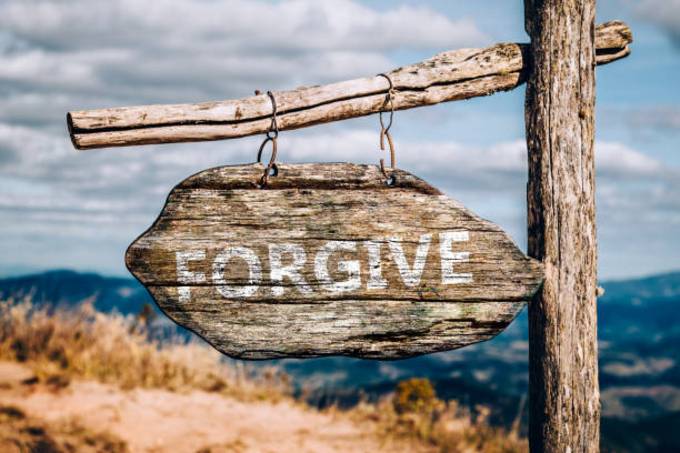 There are thousands of famous quotes regarding forgiveness and its importance, and arguably the best-known is: “to err is human, to forgive divine”. This saying, taken from a poem by Alexander Pope, is often used to justify forgiveness for the sake of forgiveness – but this is a concept that is worth exploring in a little more depth.
There are thousands of famous quotes regarding forgiveness and its importance, and arguably the best-known is: “to err is human, to forgive divine”. This saying, taken from a poem by Alexander Pope, is often used to justify forgiveness for the sake of forgiveness – but this is a concept that is worth exploring in a little more depth.
Forgiveness is a good thing
First and foremost, it’s important to note that forgiveness is a positive step. Forgiveness means you are able to let go of past resentments, to find peace in your own life by forgiving those who may have harmed or upset you. Holding onto grudges or resentment is no way to live, and moving on from harms of the past can help to lead to a genuinely brighter future.
However…
There is an important caveat that many people overlook when regarding forgiveness: forgiveness is not a passport to repeat mistakes. When people forgive for the sake of forgiveness, they can actually open themselves up to further issues in the future.
Here’s an idea of how this works. Let’s say someone in your life, a friend or family member; someone you love very much, does something wrong – potentially even something criminal. You are not the victim, but you are alarmed at their actions, and you find it difficult to understand what they did.
In this scenario, Alexander Pope’s words would suggest that forgiveness is essential: this person has erred, and it is therefore your responsibility to forgive; to act in a godlike way and move past the issue.
However, let’s say you do that. You immediately forgive the person you care for and you stand by them through any fallout, such as a criminal trial, doing all you can to help them through the process. Many people go through this exact pattern; they immediately forgive, as they believe that is what they should do, and then they seek to protect the person they care for.
This can be problematic
If you immediately offer forgiveness to someone, then there is a chance that they will not learn from the experience. Instead, they will assume you always “have their back”, and they can continue to misbehave in future – because you’ll be there to help them.
This is far from ideal for both parties. It means that the person who has crossed the line doesn’t learn from their mistakes, and you are forced to experience deja vu when they experience issues in the future.
The right way to forgive
Forgiveness should always be absolute; if you’re going to forgive someone, you truly forgive them, rather than holding onto resentment. However, you do not have to do this immediately.
If someone you love does something you disagree with, then it may well be worth holding your forgiveness back. You can still help them on a practical level; you can offer support and contact a defense attorney to manage any legal issues, but you don’t have to actively forgive them in the moment.
Essentially, give yourself time prior to offering true forgiveness; let yourself heal, and – if necessary – give yourself time to feel sad about the action that has led to forgiveness being required. This also provides the opportunity for the person in question to make amends and demonstrate they understand they did something wrong, and to seek to ensure they do not repeat this in future.
In conclusion
To forgive is indeed divine, but this does not need to happen immediately. By ensuring that you wait to truly forgive, giving yourself time to heal and the person who has transgressed the chance to make improvements, you can be sure that you are always offering your forgiveness in the most constructive, beneficial way possible.
